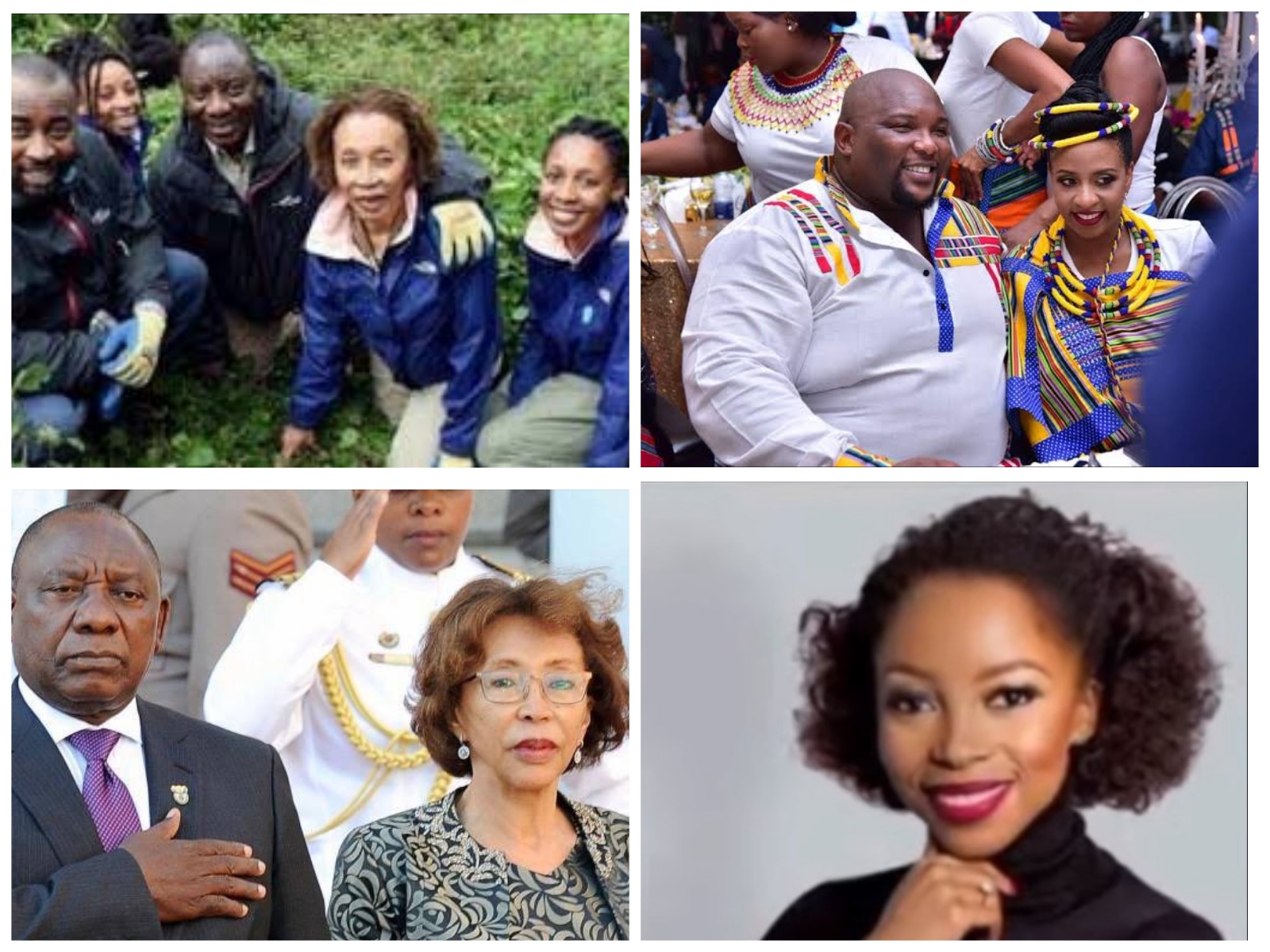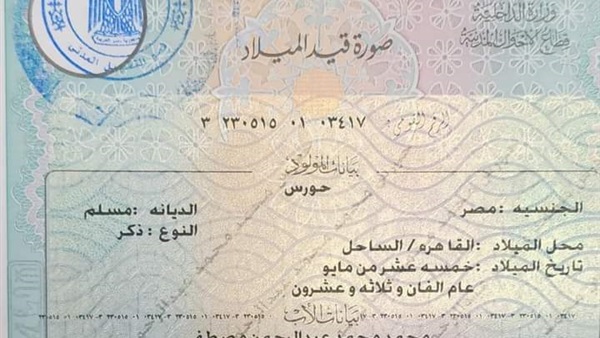Apartheid Crimes Commission: Ramaphosa's Commitment And Implications

Table of Contents
Historical Context: The Unfinished Business of Apartheid
The Truth and Reconciliation Commission (TRC), established in the 1990s, played a crucial role in South Africa's transition to democracy. However, its amnesty provisions, while aimed at reconciliation, left many victims feeling that justice had not been fully served. The TRC's focus on truth and reconciliation, while groundbreaking, inevitably left some perpetrators unpunished and many victims without adequate redress. This has fueled ongoing calls for accountability and reparations for the victims of apartheid crimes.
-
The TRC's amnesty process and its impact on achieving full justice: The amnesty granted to perpetrators who confessed their crimes, while fostering reconciliation for some, left a significant number of victims without the satisfaction of seeing perpetrators brought to justice through the standard legal process.
-
Outstanding cases of apartheid-era crimes that remain unprosecuted: Numerous instances of human rights violations, including murder, torture, and forced removals, remain unaddressed in the legal system, leaving a sense of unfinished business.
-
The continuing socio-economic disparities stemming from apartheid: The deep-seated inequalities that continue to plague South African society are a direct result of the apartheid system. These disparities are a constant reminder of the ongoing legacy of injustice. Addressing these inequalities is a key component of achieving true reconciliation.
Ramaphosa's Commitment: Promises and Challenges
President Ramaphosa's public pronouncements advocating for an Apartheid Crimes Commission signal a renewed focus on holding perpetrators accountable. This commitment reflects both a response to persistent calls for justice and a recognition of the enduring impact of apartheid on South African society. The political landscape, however, presents significant challenges to the commission's establishment.
-
Potential motivations behind Ramaphosa's renewed focus on apartheid crimes: Ramaphosa's commitment likely stems from a desire to address historical injustices, enhance South Africa's international reputation, and potentially quell ongoing social unrest linked to inequality.
-
Political obstacles and potential opposition to the commission's establishment: Political maneuvering and potential opposition from those who fear the commission's implications could significantly impede its progress. The involvement of powerful individuals implicated in past crimes poses a considerable obstacle.
-
The potential impact on South Africa's international image and relations: The establishment of a robust and transparent commission would likely enhance South Africa's international standing by demonstrating its commitment to justice and human rights.
Potential Scope and Functions of the Commission
The scope of a new Apartheid Crimes Commission would need to be carefully defined. It could focus on investigating specific crimes, identifying perpetrators, and developing mechanisms for redress. The commission's functions should include meticulous documentation, investigation, and potentially prosecution.
-
Investigating crimes against humanity and other serious human rights violations: This includes, but is not limited to, murder, torture, forced disappearances, and the systematic oppression of the Black majority population.
-
Identifying and prosecuting perpetrators who evaded accountability under the TRC: This could involve reopening cases where amnesty was granted or where insufficient evidence was available at the time.
-
Developing mechanisms for providing reparations to victims and their families: Reparations could include financial compensation, medical care, psychological support, and symbolic gestures of recognition.
-
Creating a public record of apartheid crimes and their impact: A comprehensive archive of evidence would serve as a historical record and contribute to public education and understanding.
Implications and Potential Outcomes
The establishment of an Apartheid Crimes Commission presents both opportunities and risks. While it offers a chance for greater justice and accountability, it also risks reopening old wounds and exacerbating social divisions.
-
Potential for achieving greater justice and accountability for apartheid-era crimes: A well-functioning commission could bring closure to many victims and their families, promoting a sense of justice and accountability.
-
Risk of re-opening old wounds and exacerbating existing social divisions: The process could potentially reignite tensions and deepen existing societal cleavages if not handled sensitively and inclusively.
-
The economic and logistical challenges associated with establishing and operating the commission: The commission's functioning will require substantial funding, staffing, and logistical support.
-
The commission's role in shaping South Africa's national identity and memory: The commission's work will significantly shape how South Africans understand and remember their history, influencing national identity and reconciliation efforts.
Conclusion
The proposed Apartheid Crimes Commission represents a significant step towards addressing the unfinished business of South Africa's past. While challenges undoubtedly exist, the potential benefits of achieving greater justice, accountability, and reconciliation are substantial. The success of such a commission will hinge on careful planning, broad-based consultation, and a commitment to transparent and equitable processes. Understanding the implications of this commission is crucial for shaping a future where the legacy of apartheid is appropriately acknowledged and addressed. Further research and public discourse on the Apartheid Crimes Commission are essential to ensure its effectiveness in achieving lasting justice and healing for the nation. The creation of a truly effective Apartheid Crimes Commission is vital for South Africa's future and its continued pursuit of a just and equitable society.

Featured Posts
-
 Concise Wayne Gretzky Fast Facts A Summary Of His Achievements
Apr 30, 2025
Concise Wayne Gretzky Fast Facts A Summary Of His Achievements
Apr 30, 2025 -
 Tfasyl Jdydt Tkshfha Shhadt Mylad Bywnsyh
Apr 30, 2025
Tfasyl Jdydt Tkshfha Shhadt Mylad Bywnsyh
Apr 30, 2025 -
 12 2025 12
Apr 30, 2025
12 2025 12
Apr 30, 2025 -
 Pocono Centers Earth Day Festival Fun Learning And Sustainability
Apr 30, 2025
Pocono Centers Earth Day Festival Fun Learning And Sustainability
Apr 30, 2025 -
 Kyf Yezz Alteawn Slslth Almmyzt Fy Swq Alshbab
Apr 30, 2025
Kyf Yezz Alteawn Slslth Almmyzt Fy Swq Alshbab
Apr 30, 2025
